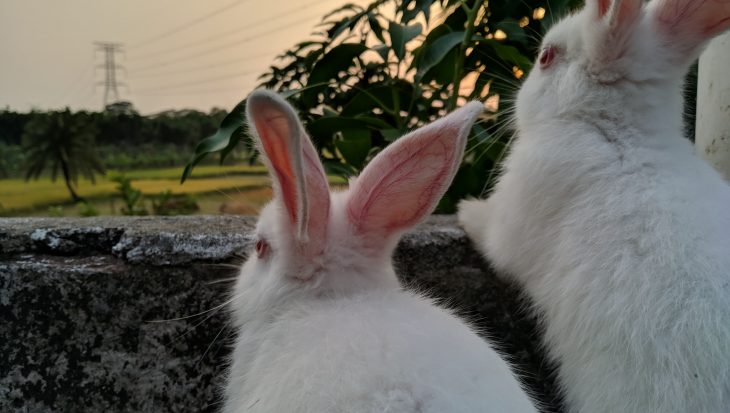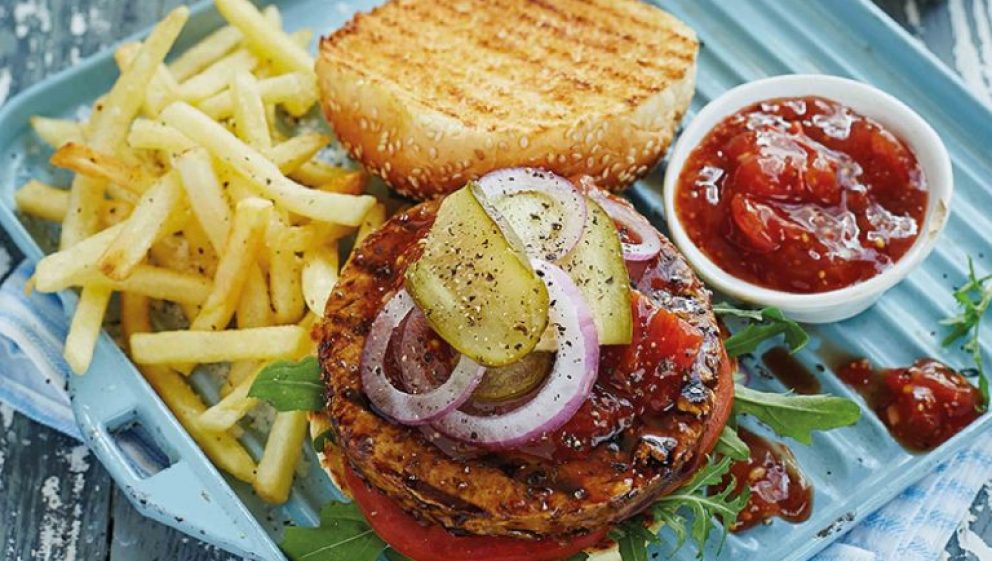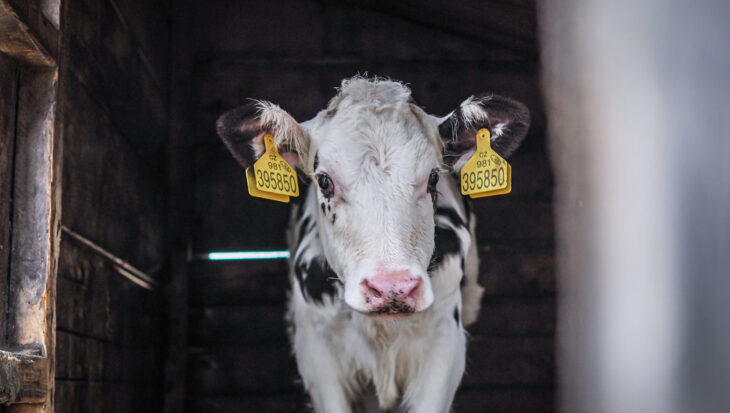Recently there has been a resurgence of countries banning vegan and plant-based foods from using words like ‘burger’, ‘milk’ and ‘cheese’.
The South African Department of Agriculture, Land Reform and Rural Development (DALRRD) has imposed a very strict ban, which means plant-based products cannot use words such as ‘nuggets’ and ‘vegetarian sausages’. The Department has even threatened to seize JUST Egg products from supermarkets. An edict sent out by the department in June instructs the Food Safety Agency to remove plant-based products using “names that are traditionally refer to animal-based products” from shelves.
Similarly, France has recently passed a law, which bans the use of ‘meat’ names such as “steak” and “sausage” on plant-based products. The ban comes into force in October. Strangely, the ban does not include the word “burger”, and only includes French produced products, not imports.
Read our comments on the French law, from when it was first proposed in 2018
So why do they do it?
It is clear that the real reason for this censorship is that the rise in the popularity of veganism and plant-based foods is considered, by some, as a threat to the meat and dairy industries. These industries, which are built on animal exploitation and environmental degradation are starting to worry that the public realise this and will instead opt for more vegan food.
The rise in the popularity of vegan food and plant-based eating will continue because it better for animals and the planet. The world’s leading climate change experts and organisations have long since called for a shift to more plant-based diets; the carbon footprint of a vegan diet can be as much as 60 per cent smaller than a meat-based one. Banning and censoring the labelling of plant-based products and companies will not change this.


